Junho’s back, and yes — he brings bad highlights, a wallet-on-a-chain, and the kind of dumb charm you can’t help but root for. Typhoon Family drops us into 1997 Korea, right as the Asian Financial Crisis hits, and sets up a story that’s equal parts laugh, cry, and “oh no.” It’s playful but serious when it needs to be. Best of all: it moves fast and stays funny without feeling shallow.
TL;DR
- The Plot: Spoiled heir Kang Tae-poong (Junho) loses his CEO father, faces company debt during the 1997 IMF Crisis, and must transform from party animal to responsible businessman.
- The Vibe: A successful blend of comedy and pathos. It’s funny and fast-paced but serious when dealing with the human cost of the economic fallout.
- The Cast: Junho is lauded for his charismatic performance and growth; the dynamic with sharp bookkeeper Oh Mi-seon drives the workplace narrative.
- The Style: Strong 90s nostalgia with great set design, soundtrack, and visual shorthand (like Tae-poong ditching the blonde highlights).
- The Verdict: A warm, promising 4/5 star rating—a solid early K-drama for fans of light dramas with heart.
The set-up (fast, clear, and messy — like life)
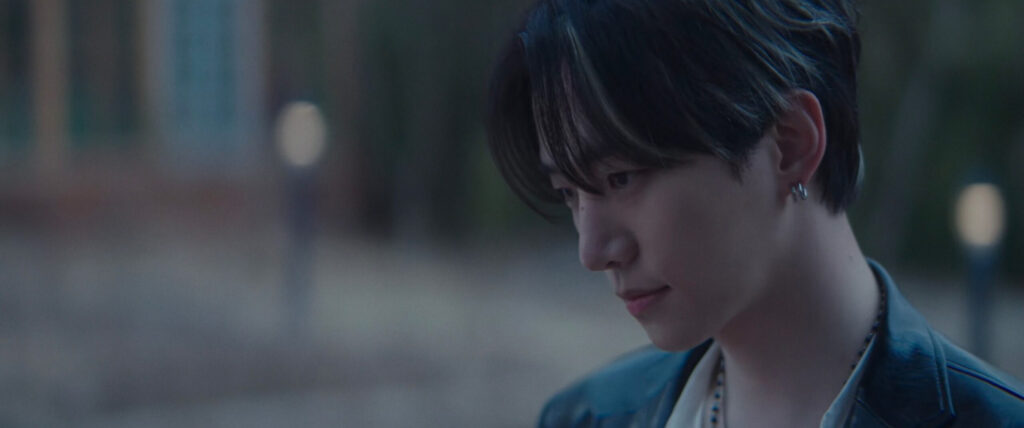
First, meet Typhoon Trading. It’s a tiny import company holding on by grit and long hours. Meanwhile, the “Orange Tribe” — flashy 90s kids in Armani — party through the crisis like it’s not their problem. Among them is Kang Tae-poong (Junho): son of the Typhoon Trading CEO, a party animal who looks like he stepped out of a music video.
Then everything changes. The economy collapses. Deals vanish. Bills pile up. Tae-poong’s dad, Kang Jin-young (Sung Dong-il), tries to keep the business alive. He collapses at the office. The timing is brutal: Tae-poong misses being at his father’s side because of a prank-like emergency. The father dies. The country braces for IMF austerity. Tae-poong, formerly careless, suddenly faces the wreckage.
So he goes to claim his father’s things. Collectors show up. He steps up and says he’ll take responsibility for the debt — which is wild because this is the same guy who once asked his dad for money after getting arrested. Now he’s on the company payroll and out of the nightclub.
Characters you’ll actually care about
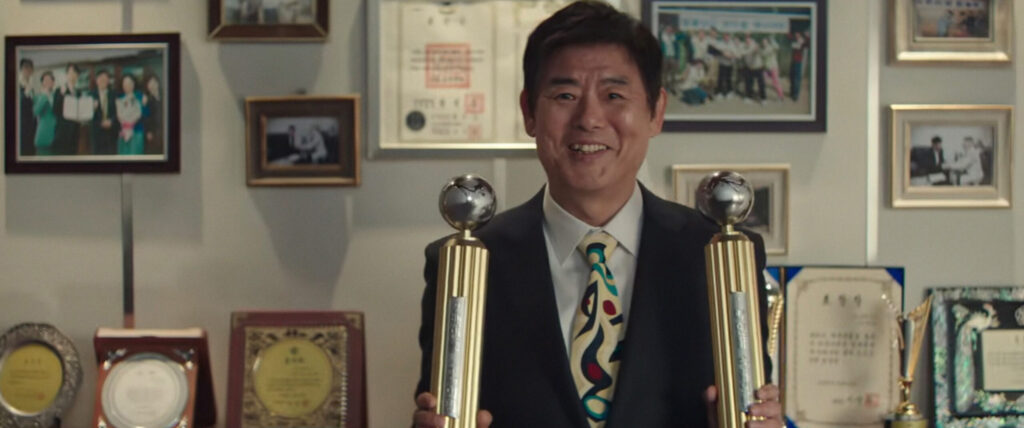
- Kang Tae-poong (Junho) — A doofus with heart. He’s not dumb mean; he’s lovable. He waters roses and dances while doing it. He’s goofy, but sincere. He messes up forms (writes taekwondo level for “qualifications”) and then surprises everyone with guts.
- Kang Jin-young (Sung Dong-il) — The quiet, exhausted father. The actor sells the pain of holding everything together. His relationship with Tae-poong is complicated and deeply human.
- Oh Mi-seon (Kim Min-ha) — The bookkeeper who actually runs things. Sharp, competent, and quietly protective of the company. She’s the brain to Tae-poong’s heart.
They work together to save the company. It’s a buddy-office vibe with sparks — not quite a rom-com yet, but definitely moving toward something.
Best scenes (no spoilers, but loud feelings)
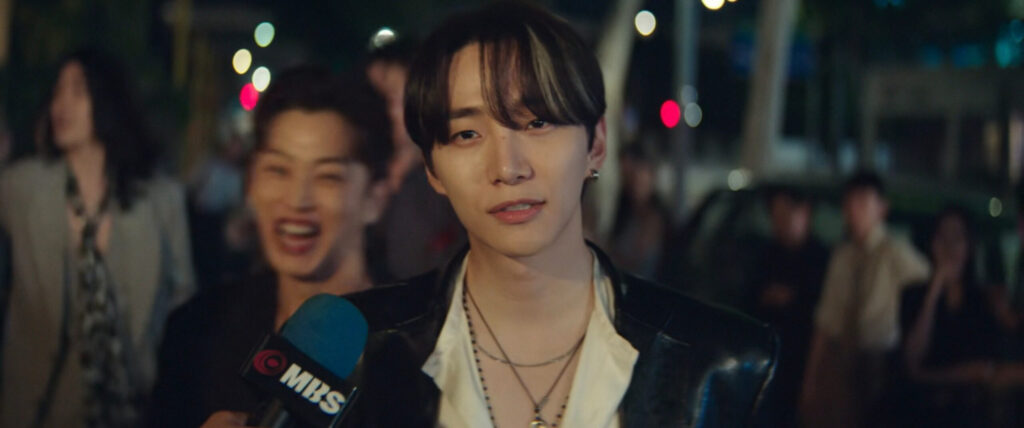
- The police station fight: It’s comic, and then real. The family tension lands hard after the laugh.
- The safe discovery: Tae-poong finds bank books and something in his name — “for his dream.” That moment actually made him cry. It’s simple, and it works.
- The delivery truck scene: Tae-poong lies down in the road to stop the trucks. It’s dramatic and oddly poetic. You feel the stakes.
Tone, style, and production notes
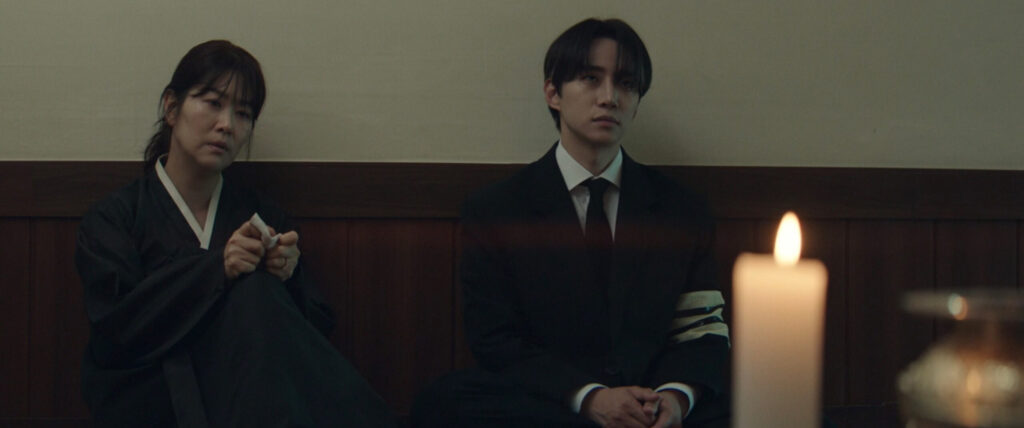
The show nails 90s nostalgia. Set design is obsessive in the best way — fax machines, chunky phones, and those terrible highlights. The soundtrack helps. Junho even sings on the OST, and that voice? Cute and oddly soothing.
Direction balances comedy and pathos smoothly. Scenes flip from bright to somber without whiplash. The editing keeps the energy high. The pacing is brisk. Episodes feel tight and focused.
Also — the costume and hair choices? Intentional. Tae-poong’s transformation (no more earring, no more blonde streaks) is visual shorthand for his growth. It’s not new, but it’s satisfying.
Themes — what this show is actually about
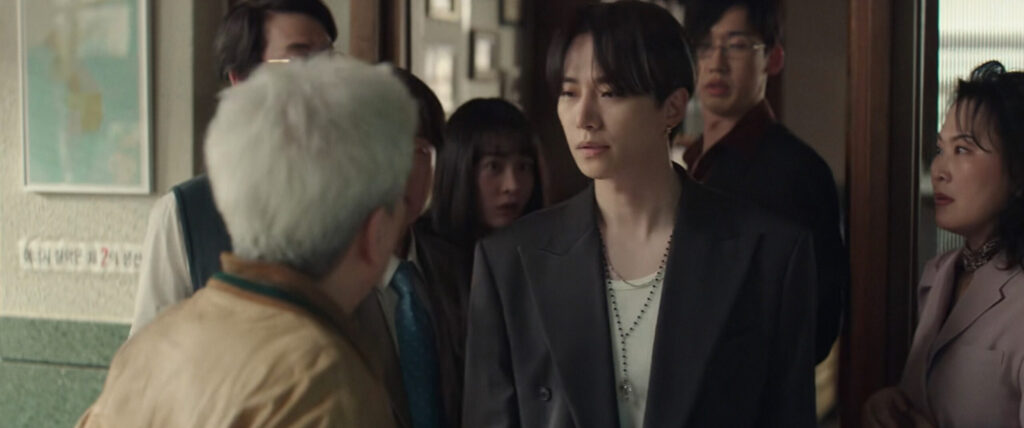
- Responsibility vs. privilege. Tae-poong starts out living off privilege. The crisis strips that away fast.
- Family and legacy. The show asks what a family business really means, beyond money.
- Stubborn compassion. People keep trying to do the right thing, even when it costs them.
- Survival in crisis. It’s a reminder that markets crash, but people live with the fallout.
These themes are clear without being heavy-handed. The series trusts the viewers to feel the emotions.
What’s working (and what’s not)
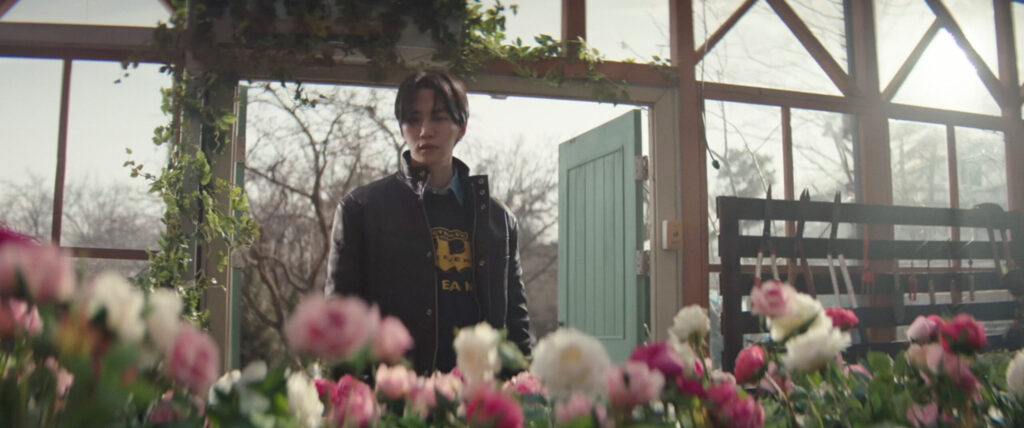
Working:
- Junho’s charm — he sells both comedy and growth.
- The ensemble — the supporting cast gives weight to every scene.
- Energy and pacing — episodes never drag.
- Visuals and sound — strong retro vibe.
Needs work:
- A few predictable beats. Some character choices are obvious.
- The show flirts with mystery, but it’s early. If the plot wants to be darker, it’ll need to earn that tone without losing its comic edge.
My point of view (the blunt truth)
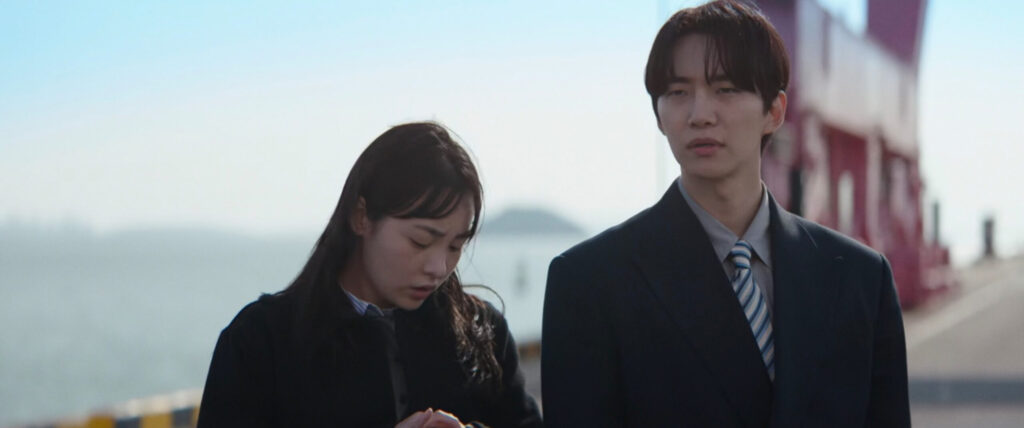
I love that this isn’t trying to be grim for the sake of depth. It’s a character drama wrapped in bright colors and dumb jokes. Junho’s Tae-poong is the kind of lead who makes you forgive his mistakes and celebrate his tries. The show smartly mixes laughter with real stakes. If it leans too hard into sentiment later, it could go saccharine. But if it keeps balancing humor with honest consequences, it’ll be great.

Also: the romance angle? Keep it slow and let team dynamics drive it. Seeing Mi-seon and Tae-poong build trust over saving a company will feel earned. Honestly, I want more of their workplace teamwork — less instant chemistry, more real rebuilding.
Who should watch this
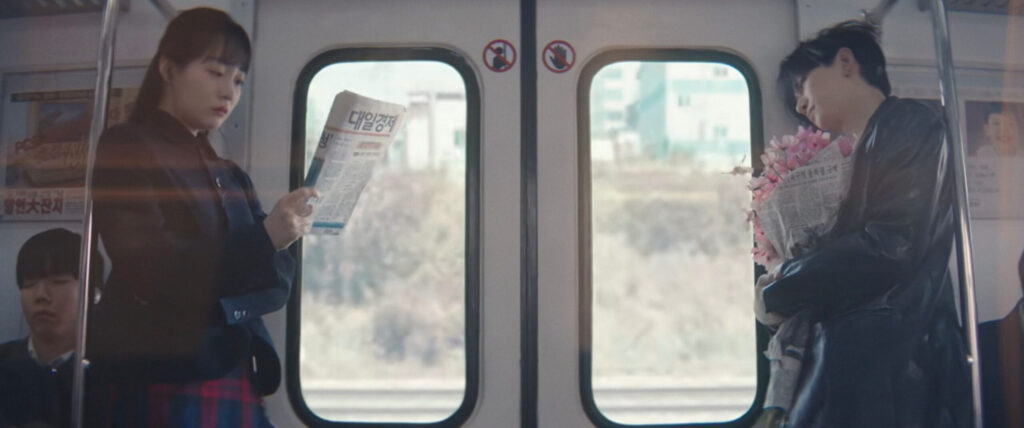
- Fans of light dramas with heart.
- Viewers who like period pieces set in recent history.
- Anyone who enjoys a comeback performance from a charismatic lead.
- People into economic-crisis stories that focus on the human cost.
Final verdict
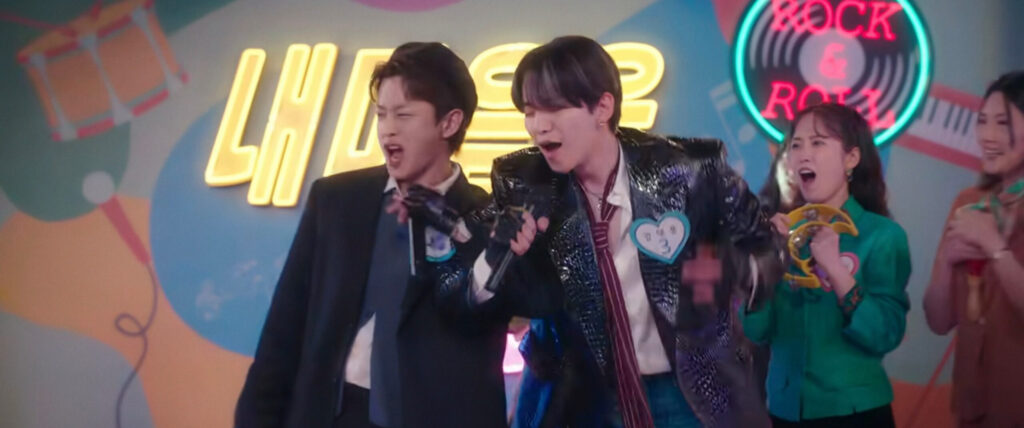
A sunny, messy, and surprisingly warm start. It knows when to be funny and when to make you feel punched in the chest. Junho’s performance alone is worth the watch — add in the smart supporting players, and you’ve got a solid early K-drama.
Rating: ★★★★☆ (4 out of 5 stars)
(Why not five? It’s early. Some threads are predictably set up. But it’s promising, funny, and genuinely moving.)







